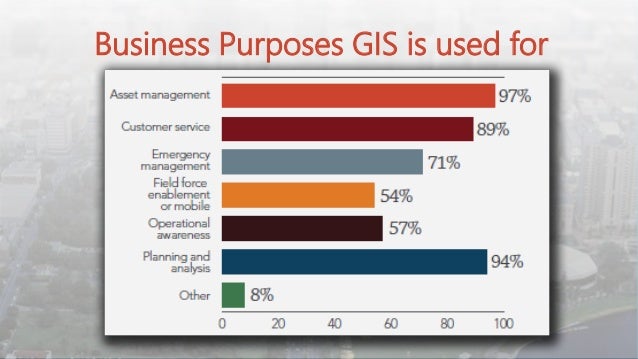GIS, Public Service, and the Issue of Democratic Governance:

Akhlaque Haque
In this essay, Haque discusses the role GIS can play in
examining social, economic, and political circumstances, specifically in
regards to how policy is implemented.
Within this, Haque introduces technocracy,
which refers to a government in which technically trained experts influence
society by virtue of their specialized knowledge and position. Essentially,
throughout this, Haque takes the position that well trained experts in GIS have
the opportunity to positively impact policy, if given the chance. Moreover, he
argues that GIS should be engrained within public service in order to ensure
accurate representation of economic disparities, racial lines, and political
differences in regards to how people ought to be represented and governed. I
don’t particularly agree with the notion of a technocracy, I think there is place for educated elites, and while
I desire my governing body to be educated, I do not think it needs to be entirely
controlled by the opinions of technicians. However, I do appreciate that there
ought to be a larger space devoted to ensuring the discourse of how different people are actually being
governed, and seeing that tangibly on a map is invaluable.
Haque, A. (2001). GIS, Public Service, and the Issue of Democratic Governance. Public Administration Review, 61(3), 259-265. Retrieved from http://www.jstor.org/stable/977598

No comments:
Post a Comment